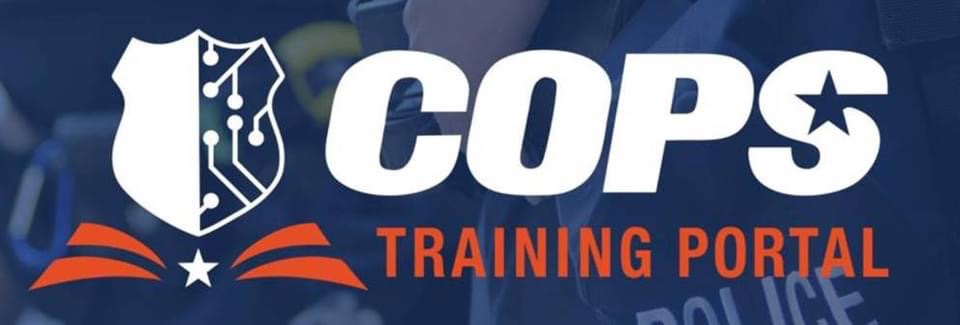Contact Us
To provide feedback on the Community Policing Dispatch, e-mail the editorial board at CPDispatch@usdoj.gov.
To obtain details on COPS Office programs, publications, and resources, contact the COPS Office Response Center at 800-421-6770 or AskCopsRC@usdoj.gov

U.S. Department of Justice
Office of Community Oriented Policing Services
Washington, DC 20530
A Pressing Issue in Public Safety
A shopper unhappy with service at a local convenience store creates a public disturbance. A person experiencing homelessness screams abusive language, seemingly at no one. A father of three at home with his family threatens to end his life. A frantic mother hides from her teen throwing things through the house.
If you are a public safety practitioner, scenarios like these may sound familiar to you. Or maybe that shopper, that person experiencing homelessness, that father of three, that mother and her teen—maybe they are your neighbors, your friends, or your family members. Facing a dramatic rise in the number of individuals experiencing mental health crisis, law enforcement officers, mental health service providers, and advocates face a pressing question: What can be done to support those who are at risk?
To help answer this question the COPS Office awarded funds in 2021 to the National Center for Policing Innovation (NCPI) who, in partnership with the CIT International, Inc., launched CIT ASSIST, a national initiative designed to increase the capacity of law enforcement agencies in their efforts to create or enhance Crisis Intervention Team (CIT) programs. Since 2021, this training and technical assistance program, administered by NCPI, has supported a cohort of 92 law enforcement agencies across the country. These agencies have engaged in virtual meetings, participated in one-on-one and group training sessions, and shared resources, all with the goal of developing partnerships to enhance the crisis response systems in their jurisdictions.
New Trainings and Resources to Support Crisis Response
As agencies map out the crisis response options available to serve their constituents, awareness of the innovative strategies being implemented in other communities offers insights and perspectives that are helpful in ensuring effective local efforts. To this end, NCPI has developed a series of no-cost, online training resources, which will be available on the COPS Training Portal in 2024.
 >Crisis Intervention: Overview of Effective Models, a four-hour eLearning course, offers guidance from law enforcement officers, mental health practitioners, and mental health advocates on implementing the CIT model to improve crisis response and mental health support. This overview course is complimented by two micro-courses, Crisis Intervention First Look: Focused Response for Veterans and Crisis Intervention First Look: Focused Response for Youth. These one-hour, web-based courses provide additional insights on effective crisis response for specific populations.
>Crisis Intervention: Overview of Effective Models, a four-hour eLearning course, offers guidance from law enforcement officers, mental health practitioners, and mental health advocates on implementing the CIT model to improve crisis response and mental health support. This overview course is complimented by two micro-courses, Crisis Intervention First Look: Focused Response for Veterans and Crisis Intervention First Look: Focused Response for Youth. These one-hour, web-based courses provide additional insights on effective crisis response for specific populations.
To provide further support for decision-makers involved in CIT programs, the NCPI has published an interactive e-Guide, Innovations in Crisis Response: What CIT Programs Need to Know. This online resource describes innovative approaches to crisis response, including co-responder teams, community responder programs, and children’s mobile crisis teams. Through engaging interviews and case studies, the e-Guide explains how these services can be deployed within a comprehensive, collaborative crisis response system.
To learn more about how the COPS Office provides funding and assistance for CIT programs, visit Community Policing Development: Implementing Crisis Intervention Teams.
Subscribe to Email Updates
To sign up for monthly updates or to access your subscriber preferences, please enter your email address in the Subscribe box.






